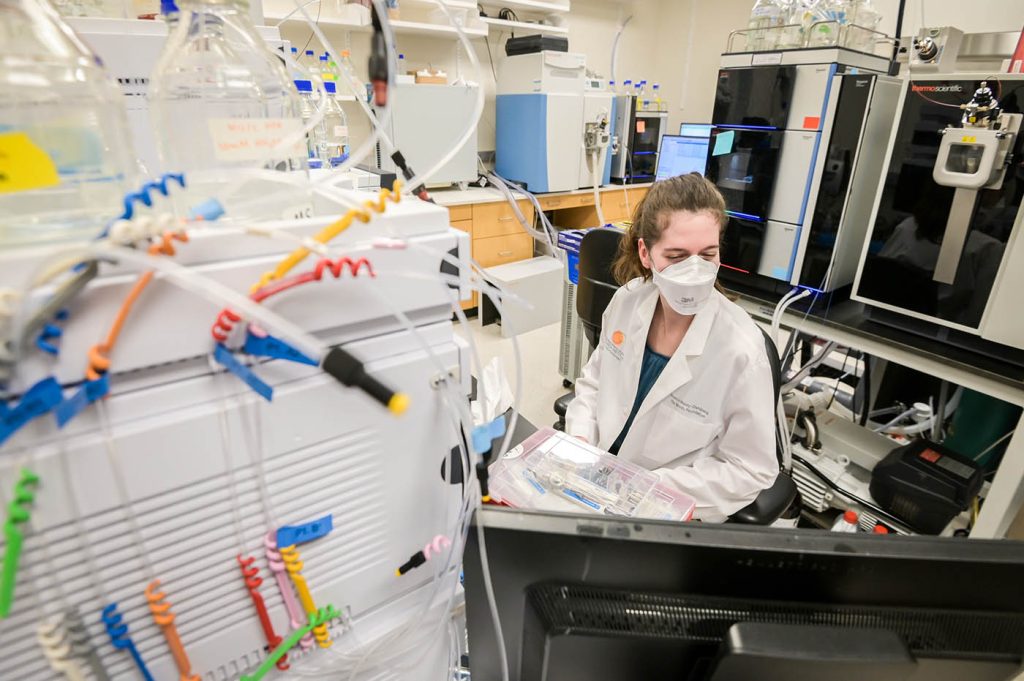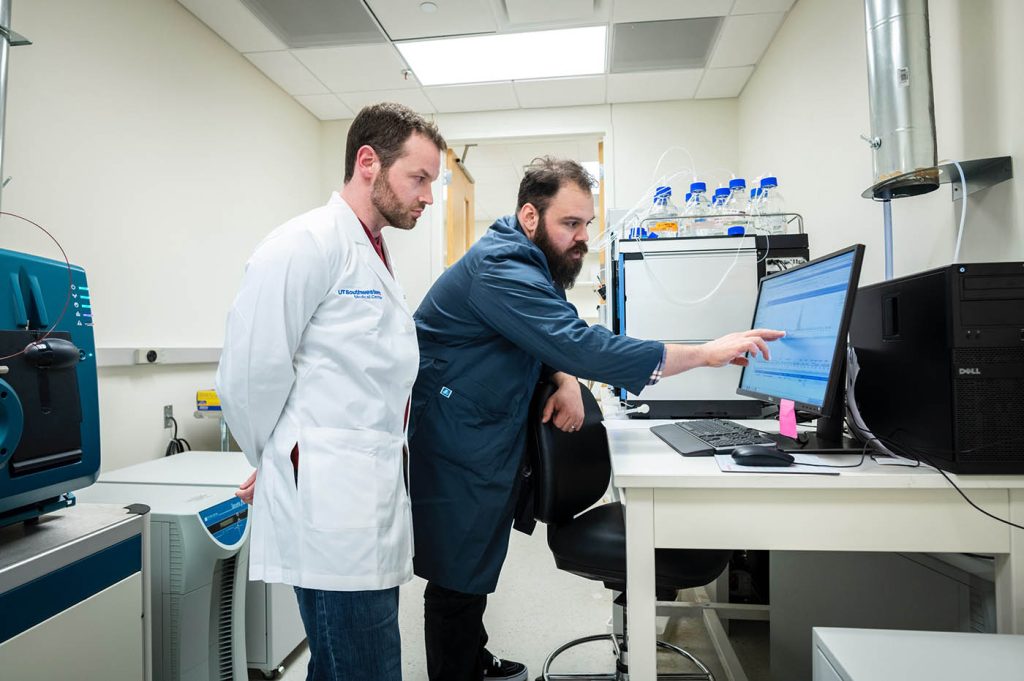In CRI, we are open and collaborative. By working together and by integrating science with medicine, we are taking creative approaches and making important discoveries. Our laboratories are always seeking new talent at all levels: recent college graduates, Ph.D. students, and postdoctoral fellows.
If you are interested in joining our institute, we encourage you to explore our current openings and learn more about what makes CRI such a special place to work.
Postdoctoral researchers are central to our mission of conducting world-class research. Postdocs in CRI train in a highly collaborative environment, with labs that often work at the intersection of stem cells, cancer, and metabolism. Postdoctoral fellows have the opportunity to acquire the diverse skills needed for independent careers in academia, biotech, and beyond. Learn more about the program.

Each fall, CRI invites applications for tenure-track faculty positions in the areas of cancer biology, metabolism and tissue regeneration research. Each candidate must have a Ph.D., M.D., or equivalent degree and the ability to direct an independently-funded research program. We are seeking individuals who are dedicated to solving fundamental problems in biology and disease and who wish to work in a highly collaborative scientific environment.
Applications are closed & will re-open in Fall 2025. Check back to this webpage in August.

© 2025 Children’s Research Institute Dallas Texas | Privacy | Site Policies